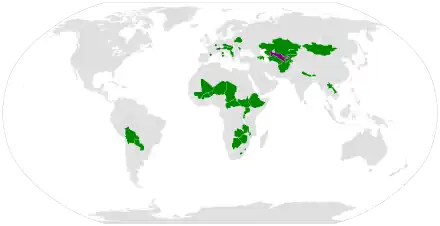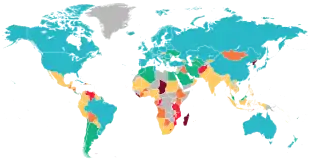The Countries Portal.svg.png.webp) The marked territories on this global map are mostly of countries which are sovereign states with full international recognition (brackets denote the country of a marked territory that is not a sovereign state). Some territories are countries in their own right but are not recognized as such (e.g. Taiwan), and some few marked territories are disputed about which country they belong to (e.g. Kashmir) or if they are countries in their own right (e.g. Western Sahara (territory) or the state known by the same name). A country is a distinct part of the world, such as a state, nation, or other political entity. It may be a sovereign state or make up one part of a larger state. For example, the country of Japan is an independent, sovereign state, while the countries of England, Scotland and Wales are components of a multi-part sovereign state, the United Kingdom. A country may be a historically sovereign area (such as Korea), a currently sovereign territory with a unified government (such as Senegal), or a non-sovereign geographic region associated with certain distinct political, ethnic, or cultural characteristics (such as the Basque Country). The definition and usage of the word "country" is flexible and has changed over time. The Economist wrote in 2010 that "any attempt to find a clear definition of a country soon runs into a thicket of exceptions and anomalies." Most sovereign states, but not all countries, are members of the United Nations. Countries are often associated with symbols such as flags or anthems; they may also evoke strong feelings of devotion and patriotism in their populations. The largest country by area is Russia, while the smallest is the microstate Vatican City. The most populous is India; Vatican City is the least populous. (Full article...)
|



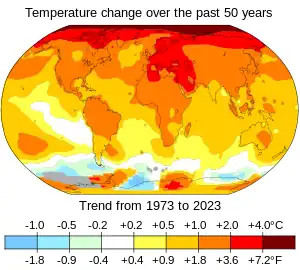
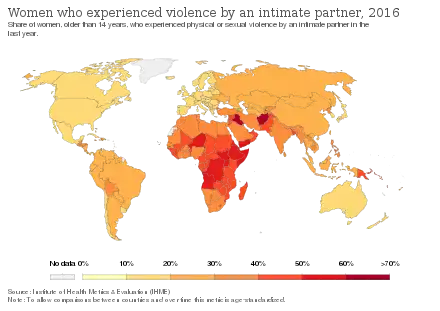



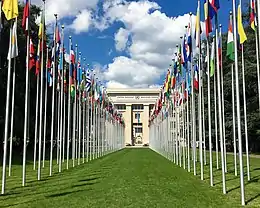

%252C_2018.jpg.webp)
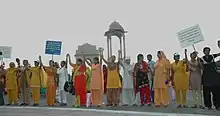

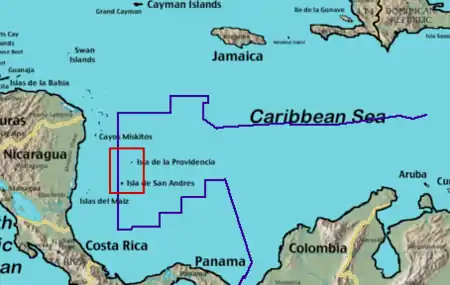
.svg.png.webp)
.svg.png.webp)




